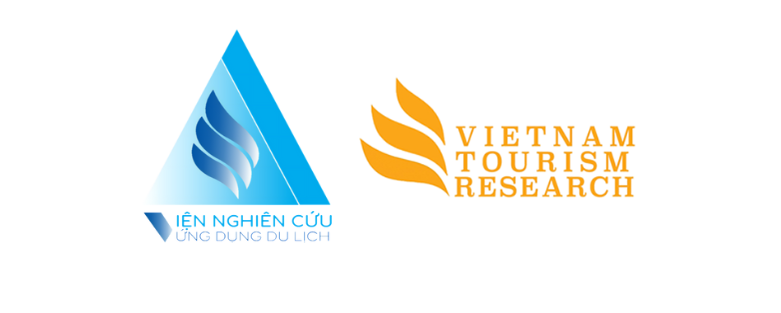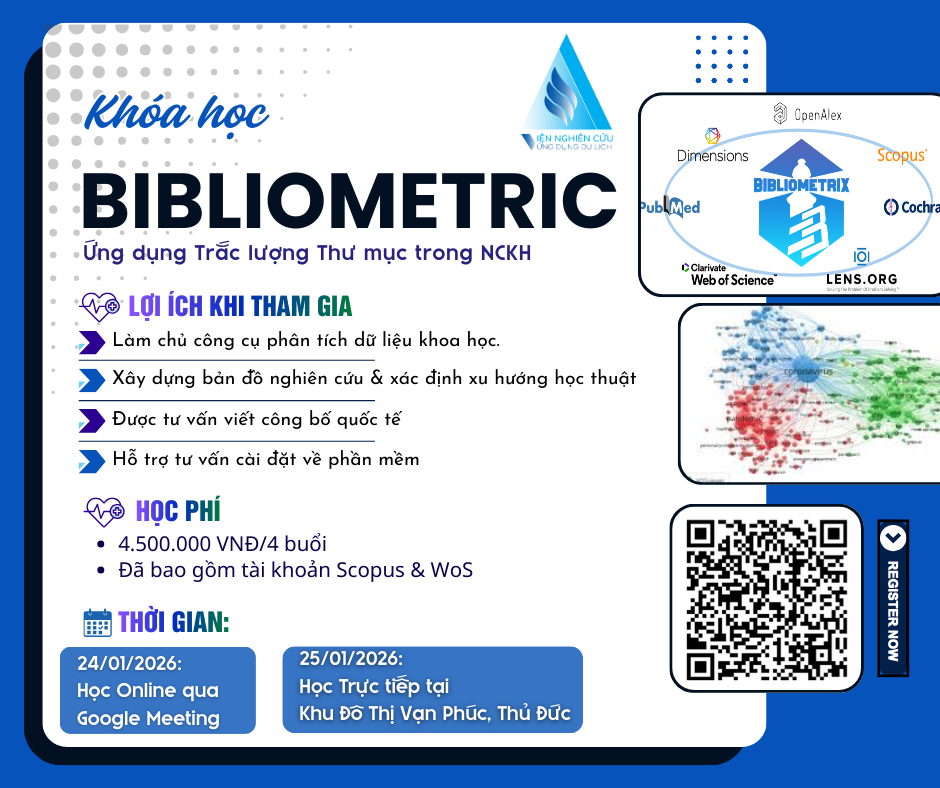This post is also available in:
Tiếng Việt (Vietnamese)
Cavite, Philippines – The 5th International Conference on Responsible Tourism and Hospitality (ICRTH 2025) officially commenced under the theme “Responsible Tourism for Sustainable Transformation and Inclusive Societies.” This year’s event brings together leaders, experts, educators, and changemakers from across the globe to explore the urgent role of tourism in shaping a just, sustainable, and people-centered future.
Responsible Tourism as a Call to Action and an Ethical Commitment
On behalf of the President of Lyceum of the Philippines University (LPU), Dr. Maria Teresa Opilapil, Vice President for Administration, warmly welcomed delegates to ICRTH 2025. She expressed deep honor in hosting the conference and emphasized that this year’s theme is not just a call to action, but also a statement of hope, a blueprint for the future, and a reflection of the core values the tourism industry must pursue.
In the face of intersecting global crises, Dr. Opilapil asserted the necessity of rethinking the essence of tourism. She asked pointedly: “What kind of tourism are we rebuilding? Who is it for? Who will be empowered—and who risks being left behind?”
For her, the answer lies in responsibility—beyond mere sustainability, encompassing justice, compassion, and inclusion. Tourism, she said, must be designed to enrich lives, celebrate culture, restore nature, and nourish the soul.
Local communities must be seen as storytellers and true stakeholders—not passive observers. Hosting this conference, then, is not only an academic privilege but a moral responsibility LPU embraces wholeheartedly.
Philippines: Tourism as an Economic Pillar and Innovation Driver
In her keynote, Philippine Secretary of Tourism Christina Garcia Frasco declared tourism a cornerstone of the national economy, generating an estimated 760 billion pesos in 2024 and employing over 16 million Filipinos. Under her leadership, the Department of Tourism has launched numerous breakthrough initiatives, garnering international recognition.
Among these efforts is the development of nearly 100 Tourist Rest Areas (TRAs) nationwide—offering travelers comfort, convenience, and one-stop services while showcasing local products, handicrafts, and indigenous narratives.
Other notable innovations include:
A multilingual hotline system with Mandarin and Korean-speaking staff
Upgraded “Travel Philippines” app with Japanese translation and exclusive promotions
Introduction of the Hop-On Hop-Off Tourism Bus system in Manila, Makati, and Marinate, enhancing seamless mobility for travelers
Another transformative project is the Tourism Champions Challenge (TCC), which awarded 255 million pesos to local governments for innovative tourism infrastructure projects—focusing on cultural heritage preservation, eco-routes, and eco-friendly mobility solutions.
The Philippines is also diversifying its tourism offerings through sectors such as culinary tourism, diving, wellness, filmmaking, and Muslim-friendly tourism.
“Experience Philippines” and Global Recognition
The flagship “Experience Philippines” campaign promotes intangible cultural values, regional traditions, and local flavors—encouraging tourists to forge deeper connections with indigenous communities.
Thanks to such innovations, the Philippines has gained global recognition, including:
Reelection as Vice Chair of the UNWTO General Assembly
Chairmanship of the East Asia–Pacific Commission
New international direct flights from United Airlines, Air Canada, and Air France to Manila
The Philippines is now recognized globally as a leading destination for diving, beaches, and islands, and its Department of Tourism has been honored as a top tourism board worldwide.
Responsible Tourism: From Cultural Values to National Standards
Secretary Frasco emphasized that the country’s tourism strategy is not solely data- or growth-driven, but grounded in traditional Filipino values such as “malasakit” (compassion), “bayanihan” (community spirit), and “malasik” (environmental awareness). The National Tourism Development Plan 2023–2028 is built on community engagement, ensuring that people are active participants in tourism growth.
Sustainability standards have been integrated into:
ASEAN green lodging criteria
Green building codes for tourism infrastructure
Skills training programs for hundreds of thousands of workers
The long-term goal is to build a national movement, where the tourism workforce becomes champions of responsible tourism.
Sarawak (Malaysia) Joins Hands with ICRTH and the Next Generation
On behalf of the Minister of Tourism, Creative Industry, and Performing Arts of Sarawak, Deputy Minister Datuk Sebastian Ting Chu Yu congratulated the Sarawak Research Society (SRS) and Responsible Borneo Reborn for their leadership in the responsible tourism movement in Southeast Asia.
He thanked Dr. Yun Gay and Professor Harold Goodwin for their influential contributions to global responsible tourism.
Minister Ting praised the Philippines as a fitting host, given its clear commitment to inclusive growth and sustainability. He emphasized ICRTH as a premier platform for collaboration and solidarity among tourism stakeholders.
The conference theme aligns with Sarawak’s Post COVID-19 Development Strategy (PCDS 2030), where empowered communities and tourism form a core development pillar.
He concluded by highlighting the Sarawak Youth Talent (SYT) program, created to empower the next generation to lead societal transitions toward sustainability and inclusion.
Southeast Asia Emerges as a Global Leader
Professor Dr. Harold Goodwin of the Responsible Tourism Partnership (UK) observed a clear shift in the global tourism agenda, with Southeast Asia emerging as a leader by learning from the mistakes of the Global North.
He stressed that tourism’s true power can only be realized when communities are empowered, becoming true hosts with an authentic voice in shaping tourism development.
He also warned against exploitative tourism that fails to deliver long-term benefits, calling instead for mutually beneficial, equitable models of tourism.
UN Tourism: A Force for Peace and Humanity
Dr. Eun Ji Tae, Officer from the Asia and the Pacific Department of the UN World Tourism Organization (UNWTO), emphasized that amid today’s complex global challenges, responsible tourism must be a force for peace, social cohesion, and planetary protection.She reaffirmed UN Tourism’s commitment to supporting nations and local communities in advancing these values.
She added that the theme “Tourism and Sustainable Transformation” for World Tourism Day 2025 reflects the sector’s long-term vision and urgent mission.
A Shared Vision for the Future
ICRTH 2025 is more than an academic gathering—it is a strategic global forum. The speeches delivered reaffirm that responsible tourism is no longer optional, but the only path forward for tourism to truly serve people, communities, and the planet.










